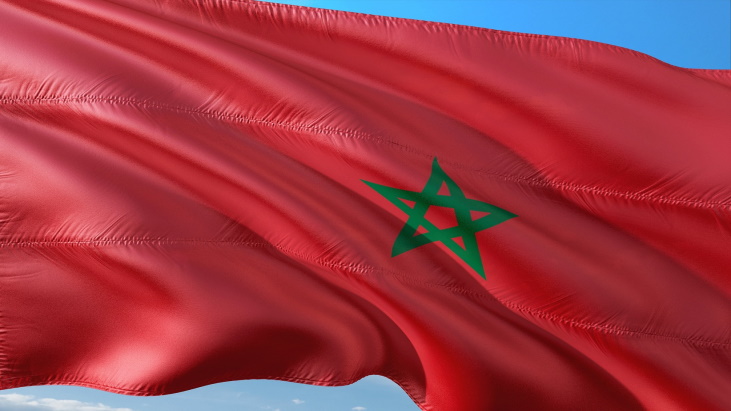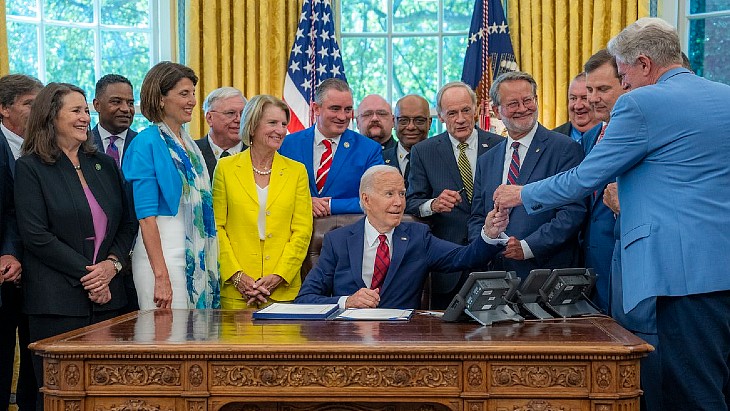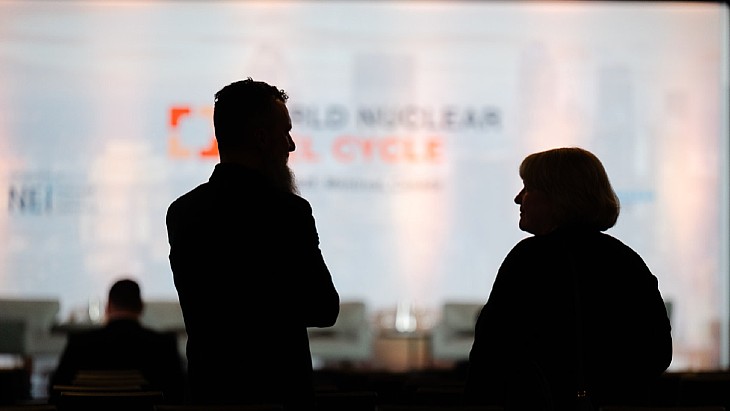IAEA mission praises Morocco's emergency preparedness

The Emergency Preparedness Review (EPREV) team's conclusions come at the end of a ten-day mission to review Morocco's EPR framework for nuclear and radiological emergencies. The review was carried out at the request of the Moroccan Government and was hosted by the Moroccan Agency for Nuclear and Radiological Safety and Security (AMSSNuR).
Morocco uses nuclear and radiation technologies for medical, industrial, agricultural, research and educational applications. It has a MA-R1 TRIGA research reactor at the Maâmora Nuclear Research Centre, operated by the National Centre for Nuclear Energy, Sciences and Technology, and is considering adding nuclear power to its energy mix. In 2019, AMSSNuR was designated as the first African IAEA Capacity Building Centre for EPR.
The mission objective of the six-person team of international experts, which was led by Brian Ahier, Director General of the Environmental and Radiation Health Sciences Directorate at Health Canada, was to provide an assessment of Morocco's EPR arrangements and capabilities against IAEA safety standards and to provide a basis for further enhancements.
The EPREV mission identified a high level of capability throughout the country for field radiological emergency operations and identified several strengths in Morocco's EPR framework. These included: a strong commitment to preparedness for nuclear and radiological emergencies among all stakeholders; hosting and participating in training, outreach and capacity building to strengthen national and international EPR; ministry-level engagement throughout the national planning process; and maintenance of a high level of capability throughout the country for field radiological emergency operations.
"Overall, Morocco has a solid basis for their EPR arrangements," Ahier said.
The team made several recommendations to the Moroccan authorities to further strengthen EPR, and Mounji Zniber, acting director of AMSSNuR, said cooperation with the IAEA through the EPREV mission had given Morocco "clarity" on where further developments should take place. "We are pleased to be leaders in outreach and capacity building and look forward to continued cooperation with the IAEA moving forward," Zniber said.
Carlos Torres Vidal, Director of the IAEA Incident and Emergency Centre, said Morocco had become a key regional and international player in EPR during his closing remarks. "We are glad to see that Morocco is deriving benefits from the efforts it has invested into EPR," he added.










_50521.jpg)

